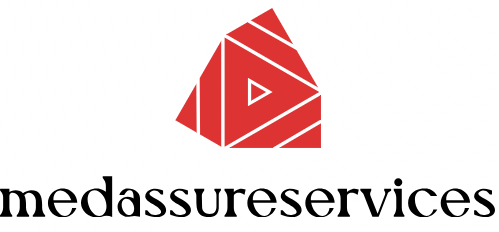The risks of improper medical waste handling pose significant threats to public health and the environment. Healthcare facilities generate various types of waste, and mismanagement can lead to serious consequences. This blog post will explore the dangers associated with improper medical waste disposal and highlight the importance of adhering to safe handling practices.

Understanding Medical Waste
Medical waste includes any waste that originates from healthcare facilities and can pose a risk to human health or the environment. This waste can be infectious, hazardous, or simply non-hazardous. Examples include sharps, contaminated materials, and chemicals. Properly managing medical waste is crucial for maintaining safety within healthcare settings and beyond.
The Consequences of Improper Handling
- Public Health Risks Improper medical waste handling can lead to severe public health risks. Contaminated waste can expose healthcare workers, waste handlers, and the general public to harmful pathogens. This exposure increases the risk of infections, including bloodborne diseases like HIV and hepatitis. Communities may face outbreaks if waste is not managed correctly.
- Environmental Pollution When medical waste ends up in landfills or is improperly incinerated, it can lead to significant environmental pollution. Hazardous chemicals can leach into the soil and water systems, contaminating local ecosystems. This pollution not only harms wildlife but can also affect human populations relying on these natural resources.
- Legal Consequences Healthcare facilities that fail to comply with regulations regarding medical waste handling face legal repercussions. Governments have established strict guidelines to ensure safe disposal. Non-compliance can result in hefty fines, lawsuits, and damage to an organization’s reputation. Facilities must take these regulations seriously to avoid legal trouble.
- Financial Burden Improper medical waste management can lead to unexpected costs. Facilities may incur expenses related to cleanup, legal fees, and increased insurance premiums. Additionally, the loss of reputation may result in decreased patient trust, further impacting financial stability.
Common Mistakes in Medical Waste Handling
- Inadequate Training One of the most significant risks stems from inadequate training of staff on proper waste handling procedures. Without proper education, healthcare workers may unknowingly mishandle waste, leading to contamination or injury. Regular training sessions can help ensure that staff understand the correct protocols.
- Improper Segregation Failure to segregate medical waste appropriately increases the risk of cross-contamination. For example, disposing of sharps in regular trash can expose others to injury and infection. Implementing clear guidelines for waste segregation is vital for minimizing risks.
- Neglecting Waste Disposal Methods Choosing the wrong disposal method for medical waste can have serious consequences. For instance, burning hazardous waste in an uncontrolled manner can release toxic fumes into the air. Healthcare facilities must follow approved disposal methods to ensure safety.
Best Practices for Safe Medical Waste Handling
- Regular Training and Education Provide ongoing training for all staff members on medical waste handling procedures. Keeping everyone informed about regulations, best practices, and the importance of proper waste management can help minimize risks.
- Establish Clear Protocols Develop clear protocols for waste segregation, storage, and disposal. Make these guidelines easily accessible to all staff members to ensure compliance.
- Invest in Proper Equipment Equip healthcare facilities with the necessary tools for safe waste handling. This includes color-coded bins for waste segregation, protective gear for staff, and access to licensed disposal services.
- Conduct Regular Audits Regular audits of waste management practices can help identify areas for improvement. Facilities should assess compliance with regulations and internal protocols to ensure that waste is managed safely.
Conclusion
The risks of improper medical waste handling are significant and far-reaching. Healthcare facilities must prioritize safe waste management to protect public health and the environment. By investing in staff training, establishing clear protocols, and regularly assessing practices, healthcare providers can minimize risks and ensure compliance with regulations. In doing so, they contribute to a safer and healthier community.




